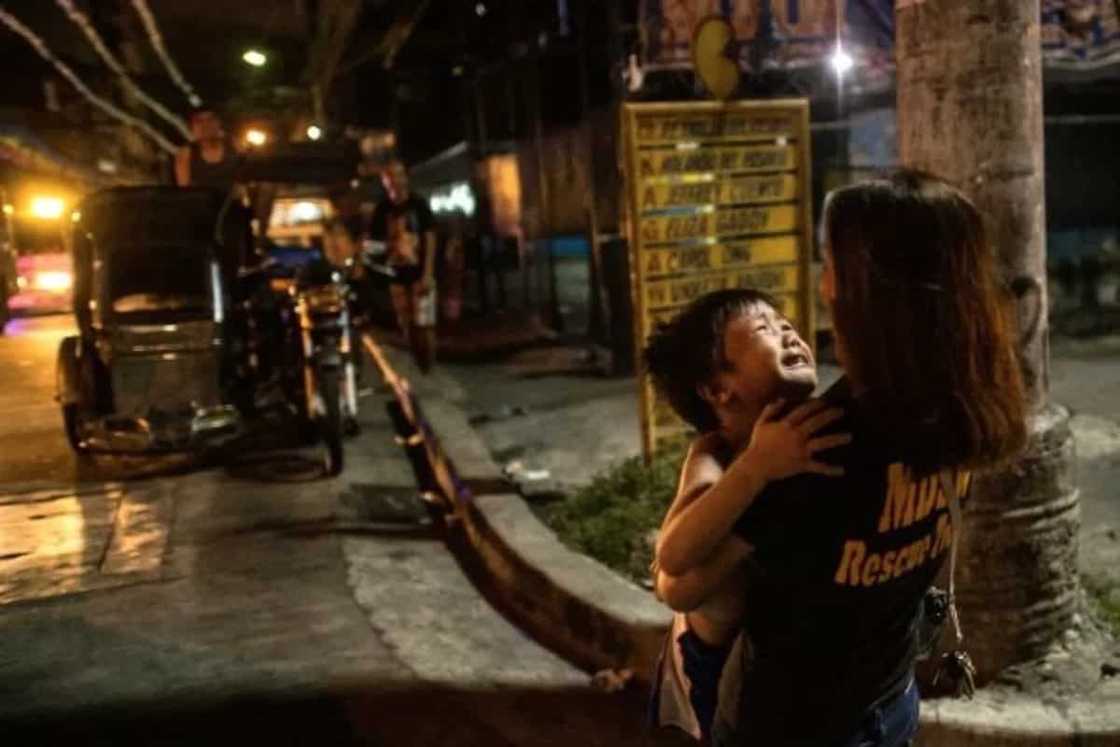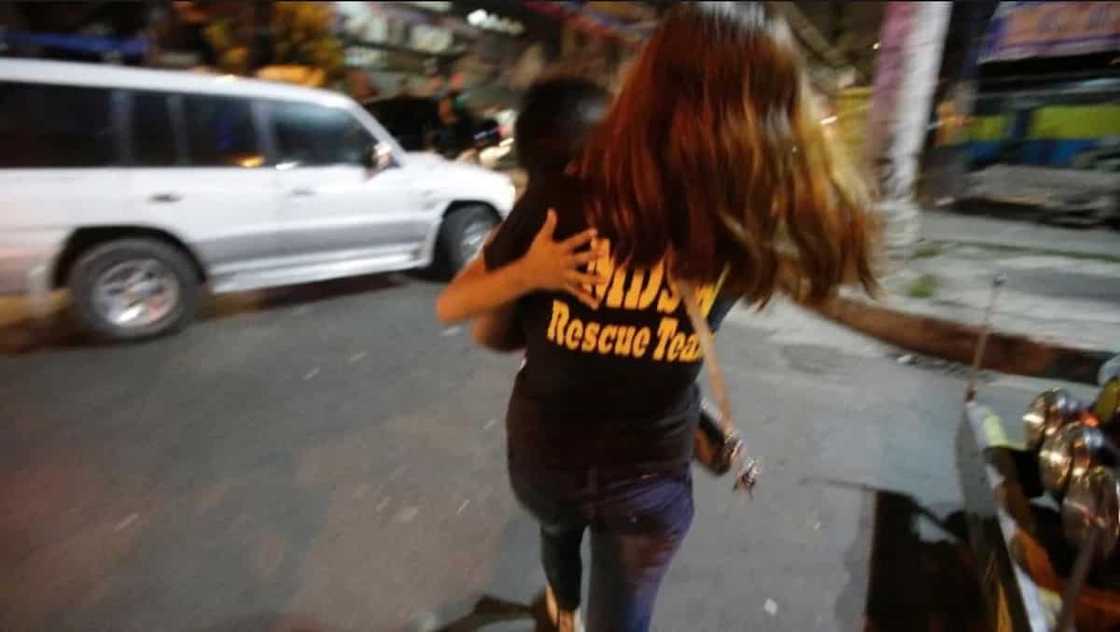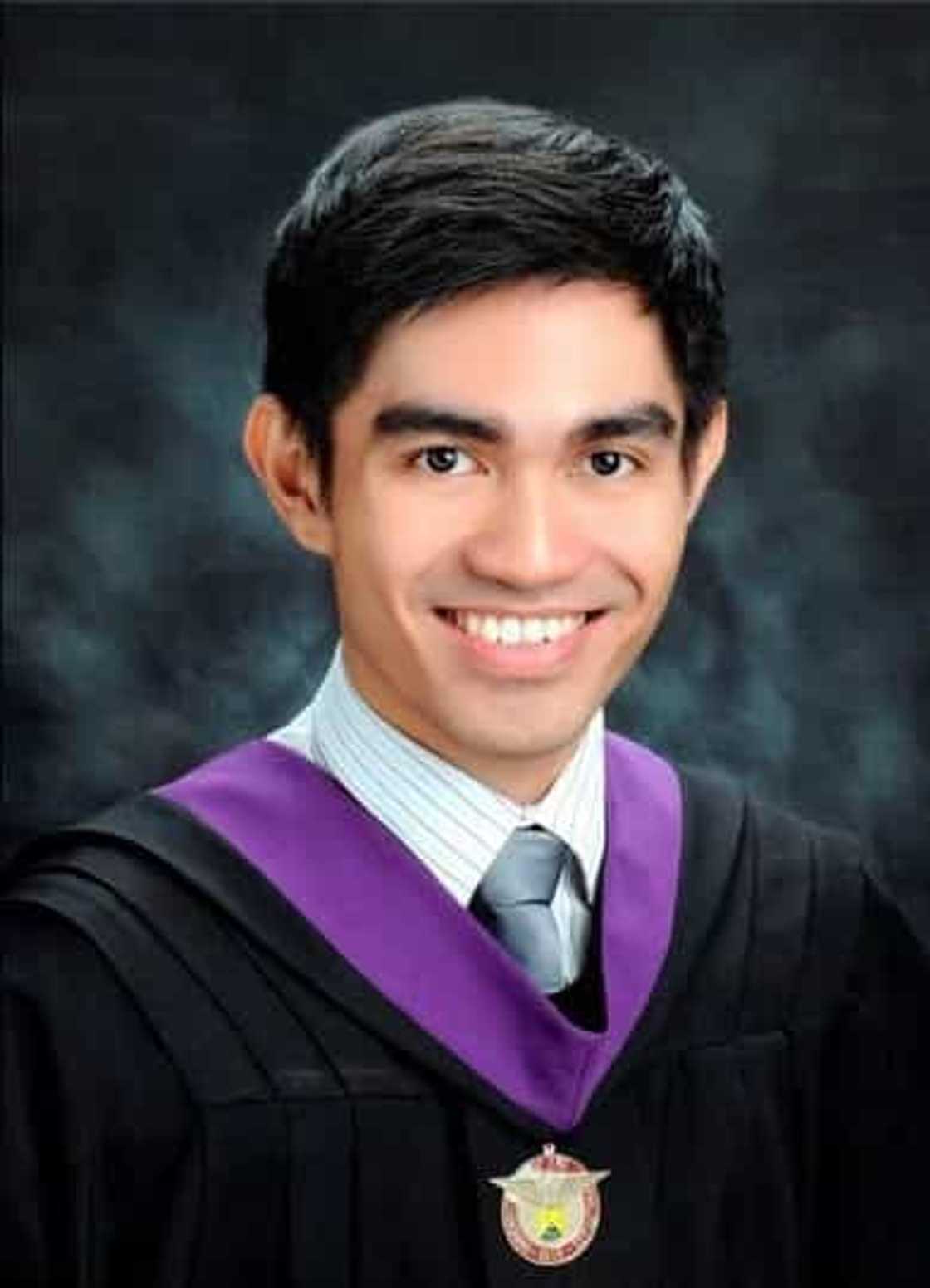Oplan Rody’s curfew for youth, illegal
Editor’s note: Oplan Rody's curfew is illegal according to Atty. Jesus Falcis. This is Atty. Falcis’ opinion and it does not necessarily reflect Kami.com.ph‘s views.

After Rodrigo Duterte won as President of the Philippines in May 2016, many cities in the country started enforcing old ordinances imposing curfews on minors. The operation to implement such curfew ordinances was part of Oplan “RODY” or “Rid the streets Of Drinkers and Youths”. The ordinances were there long before Duterte won but only recently implemented due to PRody’s campaign promise to impose a curfew in the streets as part of his anti-crime campaign.
Quezon City rounded up 25 minors for violating the curfew. Las Piñas City local police arrested and picked up 57 minors. Pasay City police rounded up around 80 minors. Other cities also followed suit. And more minors will be arrested.
Arrested for what? For staying out late.

The problem is, curfew for minors is illegal and prohibited by law.
Republic Act. No. 9344 or the Juvenile Justice and Welfare Act of 2006 prohibits the imposition of curfews or punishing minors for curfew violations.
Section 57 of the law states that “any conduct not considered an offense or not penalized if committed by an adult shall not be considered an offense and shall not be punished if committed by a child.” This is called a status offense. This means that if an adult is not punished for staying out late on the streets at 11pm, a minor staying out late on the streets at 11pm should also not be punished.
READ ALSO: Metro Manila implements ‘Oplan Rody’
Section 4 (r) of the law cannot be more explicit about banning curfews. It says that “status offenses” refers to “offenses which discriminate only against a child, while an adult does not suffer any penalty for committing similar acts. These include curfew violations, truancy, parental disobedience, and the like.”
It’s a shame our local government officials have not read the Juvenile Justice and Welfare Act of 2006, which is already 10 years old. Local laws that contravene or go against national laws are null and void for being outside of the power and authority for local officials to make. Local governments cannot go against what the national government has mandated. Doing so would be legally called ultra vires, or in excess of one’s authority.
But even without R.A. 9344, imposing curfews on minors would still be illegal since limiting the freedom and movement of minors would violate certain fundamental human rights, such as the right to liberty, the right to travel, and the right to privacy.

State-imposed curfews imagine that all minors should be at home or in bed by 10pm. It imagines that there could be no good reason why a minor would be outside on the streets late at night or early in the morning. Many minors are students aged 15-17 who have classes extending up to 9pm (such as in the Pamantasan ng Lungsod ng Maynila) and they would be on the streets to commute back home. A student from PLM going home to Quezon City would be risking arrest since travel time would take 1 to 2 hours with traffic, exposing him or her to being on the streets past 10pm.
What about UP students who have extracurricular activities or late night projects being done in the Sunken Garden or in Palma Hall? A lot of student activities can extend past 10pm. There is no legitimate state interest in curbing these kinds of valid behavior.
What about informal settler youths who wish to go outside their cramped rooms or houses for a while and breathe the air in the streets? There have been minors picked up by the police for violating the curfew who were just a block away or literally outside their houses. What’s up with that?
RELATED: Las Piñas’ Oplan RODY penalizes nabbed drinkers with push-ups
Curfews are a throwback to an age where people don’t have much to do at night and everyone’s already asleep by 6 or 7pm. Minors have many legitimate things to do at night – go to a computer shop to print an assignment or to research, go to a nearby convenience store to buy something, or commute. And many minors do this with parental knowledge and permission.
This brings me to another right that’s violated by curfews, the natural and primary right of parents to rear their children. If parents allowed their children to go out to a birthday party three blocks away and return home by 11pm, what is the right of the state to prohibit minors from being on the streets after 10pm and arrest the kid? Deciding that children can be out after 10pm is not the decision of the state but of the parents. Now if minors were out without parental permission, curfew laws can be implemented but only to return the minor home – not to arrest the minor.
Curfews that impose criminal penalties are unreasonable tools in ensuring safe streets. Other countries have curfew laws but minors are not arrested, they are only returned to their homes and only after asking why they are out late and if they do not have permission from their parents.

Unfortunately, local officials have passed curfew ordinances that not only violate national law but also are very unreasonable given that there are no exceptions for minors to stay out late and given the inhumane implementation, especially against the poor and the homeless.
Curfews are anti-poor, anti-liberty, and anti-reason. There’s a good reason why curfew ordinances were not implemented before Duterte won. Local governments should stop implementing them. Just because Duterte wants it doesn’t mean we should do it.
READ RELATED: Youth group calls Oplan Rody a shade of Martial Law
____________________________

Atty. Jesus Falcis took up law at the University of the Philippines- Diliman. He recently filed a petition before the Supreme Court urging it to nullify Articles 1 and 2 of the Family Code, which prohibits same-sex marriage. He was hailed Asian Debate champion in 2013.
Disclaimer: The views expressed here are solely those of the author in his private capacity and do not in any way represent the views of Kami.com.ph.
Source: KAMI.com.gh

